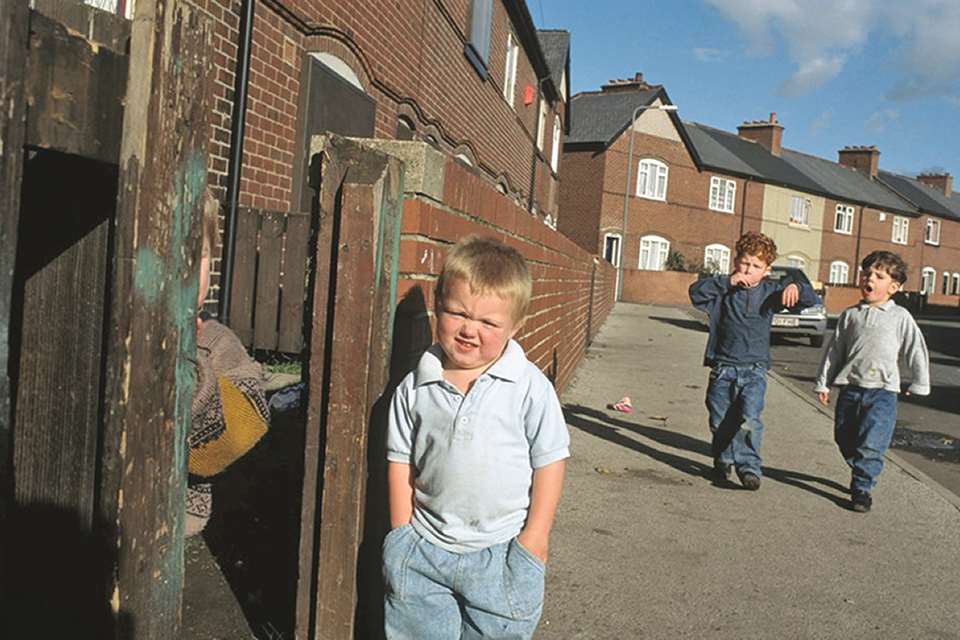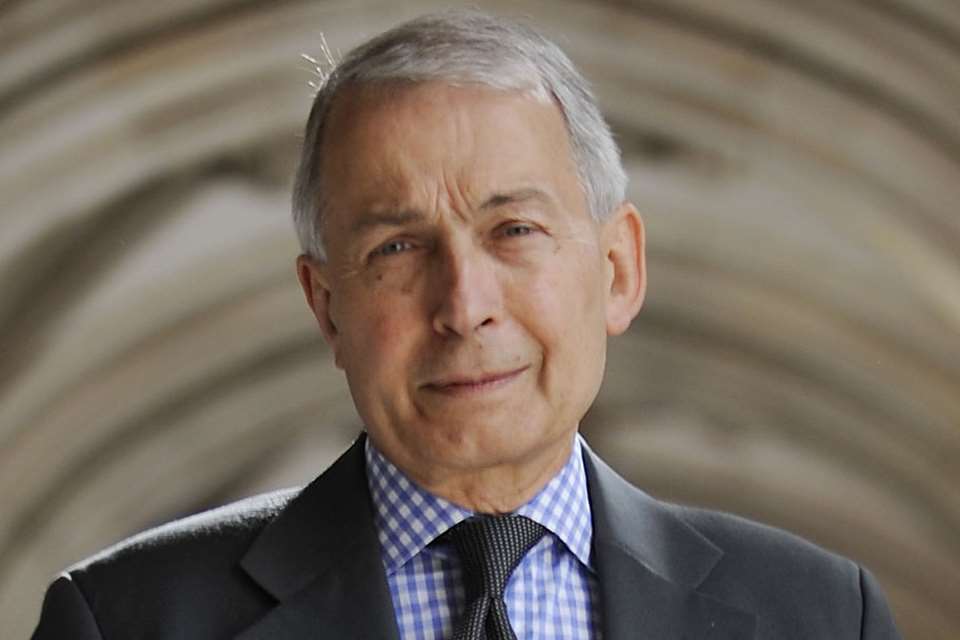Close to half of children living in poverty, warn campaigners
Tuesday, November 8, 2016
A new poverty map reveals the number of children living in poverty by area across the UK.

Published today by the End Child Poverty coalition, the map shows that where child poverty is at its highest.
In Ladywood, Birmingham, 47 per cent of children are living in poverty after housing costs. This is closely followed by 45 per cent in central Manchester and 44 per cent in the London constituencies of Poplar and Limehouse.
The figures, which are broken down by parliamentary constituency, local authority and ward, also show that more children are living in poverty in large cities including London, Manchester and Birmingham.
Children are classed as being in poverty if they live in families in receipt of out-of-work tax credits where their reported family income is less than 60 per cent of the median income.
However, the map also shows huge variances in child poverty across the UK, with rates as low as 9 or 10 per-cent in the parliamentary constituencies of Gordon in West Aberdeenshire and Kincardine, Sheffield Hallam and York Outer.
The figures are based on tax credit data, which was used to estimate the percentage of children in low-income households. Because this data is more than two-years-old, national trends in worklessness were also used to estimate recent changes in the number of children who are in poverty because their parents have lost their jobs.
The End Child Poverty coalition, made up of charities, faith groups and unions, is warning that the benefits freeze in place until the end of the decade will mean that as prices rise, low-income families will find it increasingly hard to pay for basic essentials. It also raises concern over recent cuts to in work support under Universal Credit, which it says will further penalise these families and push more below the poverty line.
The coalition is calling on the Government to use the upcoming Autumn Statement (23 November) to end the freeze on children’s benefits, and to reverse the sharp cuts being introduced to in-work benefits under Universal Credit.
Sam Royston, chair of End Child Poverty, said, ‘As the Prime Minister has rightly recognised, this is not a country that works for everyone. In every community, there are children being denied the happy childhoods and the good start in life other children take for granted. Our children are now twice as likely to be poor as our pensioners.
‘Many families who are just about managing today, won’t be managing tomorrow if Universal Credit leaves them with fewer pounds in their pocket, and if rising costs of living means their money doesn’t stretch as far as it used to.
‘This month’s Autumn Statement is a major opportunity for the new Government to act to help these families. We urge the Chancellor to reverse the significant cuts to Universal Credit targeted at working families, and, at the very least, shield children’s benefits from inflation.’
A Department for Work and Pensions (DWP) spokesperson said, 'Tackling poverty and delivering real social reform is a priority for this Government, and we are taking action to help the most disadvantaged with the focus on tackling the root causes – not just the symptoms – of poverty.
'We know that work is the best route out of poverty, and the proportion and number of children living in households where all adults work is at a record high.'








